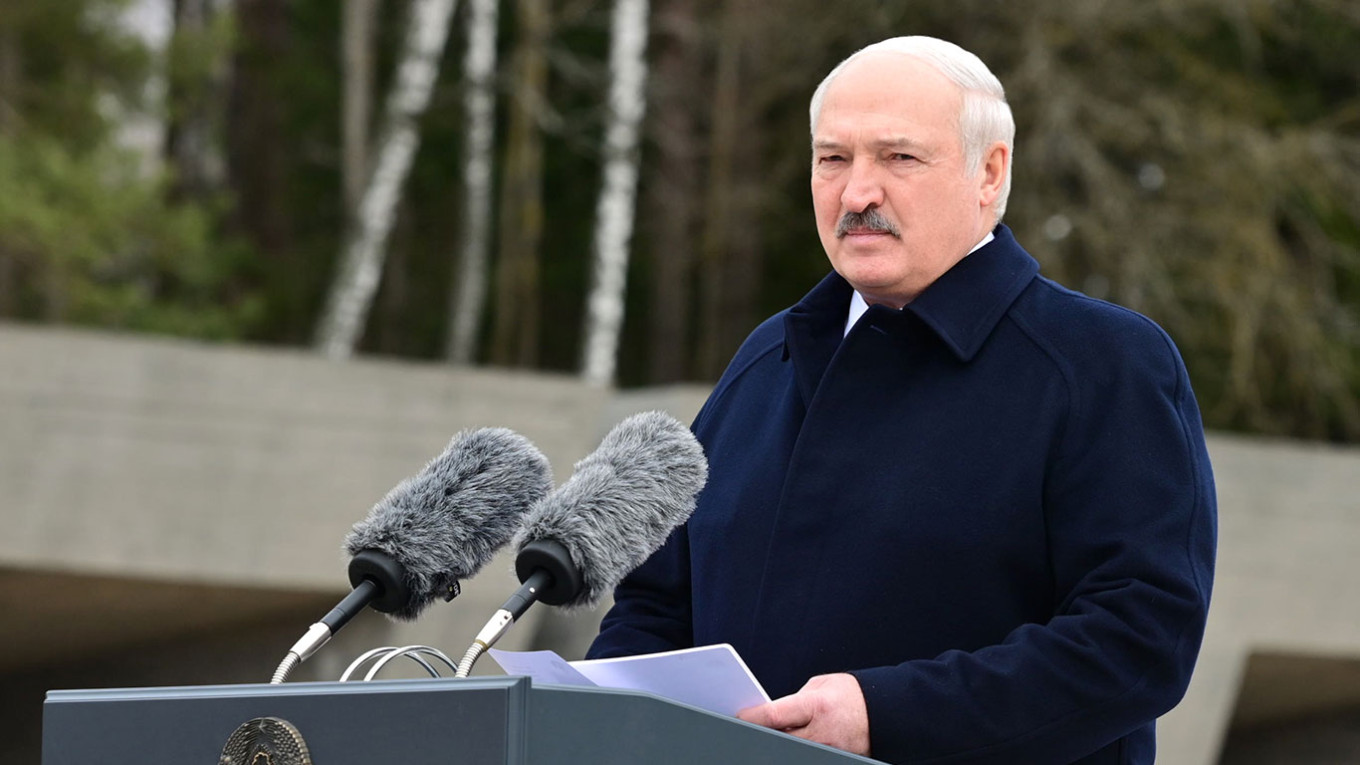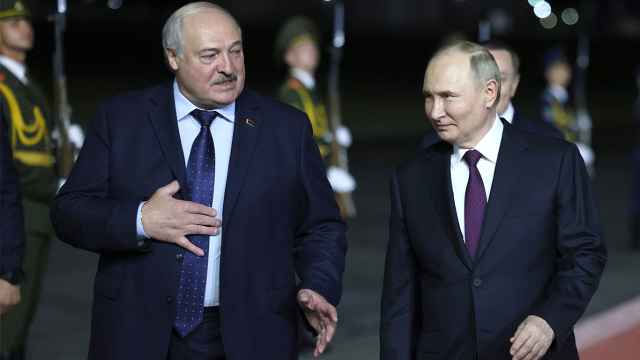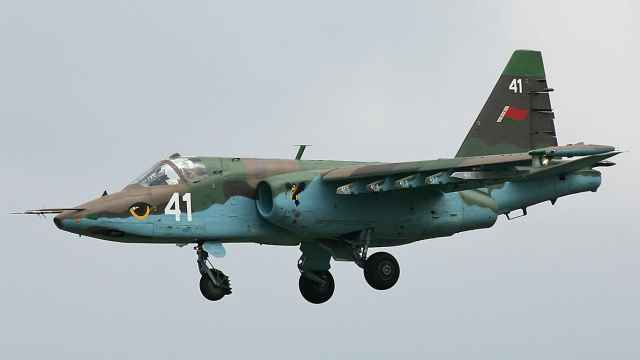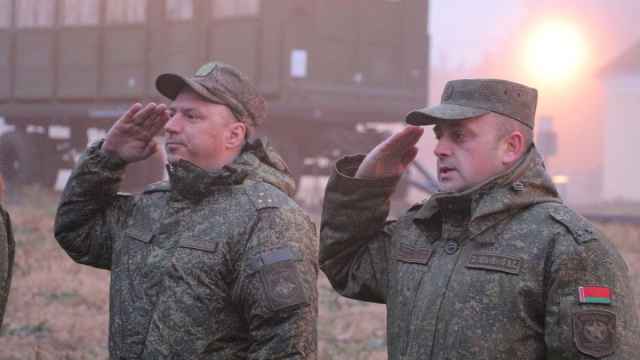Belarus said on Tuesday that it felt compelled to host Russian nuclear weapons after "unprecedented" Western pressure, insisting their deployment did not violate international agreements.
Russian President Vladimir Putin recently announced plans to station tactical nuclear weapons on the territory of Belarus, its closest ally, which drew condemnation from the West.
"Belarus is forced to respond to strengthen its own security and defense capabilities," the Foreign Ministry in Minsk said.
The ministry added that Minsk faced "unprecedented" political and economic pressure from the United States and its allies.
Belarus stressed that it would not have control over the weapons and that their deployment "in no way" contradicted the Treaty on the Non-Proliferation of Nuclear Weapons.
Minsk allowed Russia to use its territory as a launchpad for its invasion of Ukraine last year.
The two countries have since held military exercises on Belarusian territory and ramped up the cooperation between their armies.
"Military cooperation between Belarus and Russia is carried out in strict accordance with international law," the Foreign Ministry in Minsk said.
Putin's plans to place nuclear weapons on the European Union's doorstep have prompted calls for fresh sanctions against Moscow.
As fears of a nuclear war rise, experts believe that any Russian strike would probably involve "tactical," small-sized battlefield weapons as opposed to "strategic," high-powered, long-range nuclear weapons.
Western countries have imposed numerous rounds of sanctions on Minsk over its suppression of domestic political dissent and its role as a springboard for Moscow's invasion of Ukraine.
A Message from The Moscow Times:
Dear readers,
We are facing unprecedented challenges. Russia's Prosecutor General's Office has designated The Moscow Times as an "undesirable" organization, criminalizing our work and putting our staff at risk of prosecution. This follows our earlier unjust labeling as a "foreign agent."
These actions are direct attempts to silence independent journalism in Russia. The authorities claim our work "discredits the decisions of the Russian leadership." We see things differently: we strive to provide accurate, unbiased reporting on Russia.
We, the journalists of The Moscow Times, refuse to be silenced. But to continue our work, we need your help.
Your support, no matter how small, makes a world of difference. If you can, please support us monthly starting from just $2. It's quick to set up, and every contribution makes a significant impact.
By supporting The Moscow Times, you're defending open, independent journalism in the face of repression. Thank you for standing with us.
Remind me later.






